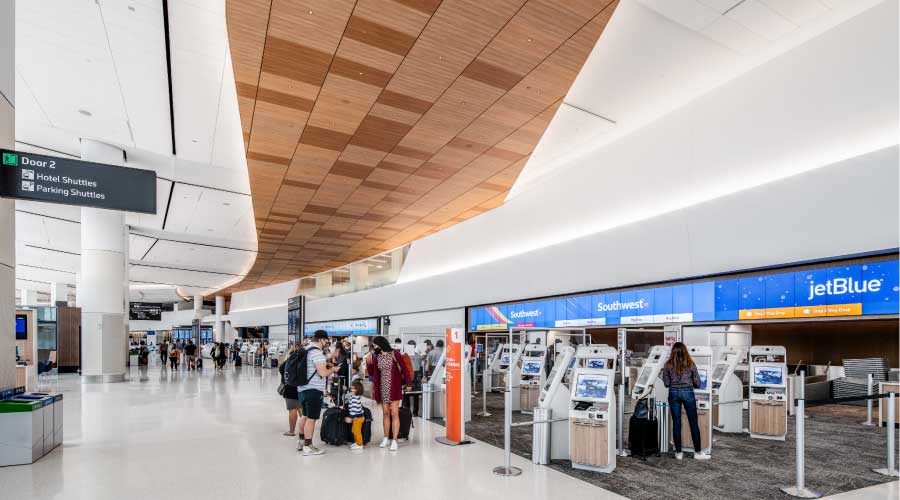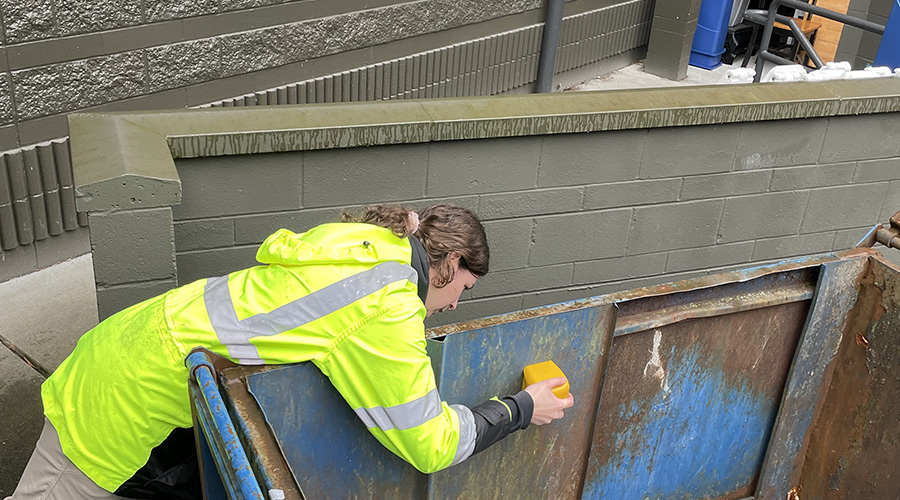BOMI's High Performance Program Can Help Ensure High-Performance Operations
To learn more about high-performance operations, it is often useful to examine existing programs. One such program is BOMI's High Performance program.
Such initiatives come with benefits for tenants and management alike. Electricity costs are generally passed through to tenants, so lower costs mean lower rent. Improved energy performance can lead to increased occupancy and rents because of the premium ascribed to high-performance buildings. “Many tenants attribute material value to buildings with greater efficiency levels,” note Henderson and Waltner. In fact, certain tenants with sustainability commitments may consider only buildings with high-efficiency ratings. For example, the U.S. General Services Administration, the largest tenant in the country, requires new leased space to be Energy Star rated. What’s more, improved energy performance is expected to reduce maintenance expenses and increase the life of major building systems.
However, to be successful, such initiatives require a committed, collaborative effort on the part of a diverse collection of professionals — with the right skills and knowledge. As the Tower case study showed, communication is critical to success. Meetings were held monthly to review recommendations, track progress, and identify challenges. All building engineers were apprised of the progress and reminded that improving energy efficiency was an important company goal. And through a quarterly meeting, the message was reinforced to the entire team.
Such a level of leadership is an important ingredient. And for professionals who participate in BOMI International’s High Performance program, the understanding imparted can help them take a lead role in sustainable initiatives. As the Tower study observed, recommendations were implemented in part because they were validated and prioritized through discussions with trusted energy management experts.
David Borchardt (david.borchardt@towercompanies.com) is chief sustainability officer at The Tower Companies and an instructor at Georgetown University’s School of Continuing Studies.
BOMI’s High-Performance
Buildings Program
Organizations need staff with the skills to address the issues of sustainability and energy efficiency that are confronted every day in the real world. Toward that end, BOMI International has created the new High-Performance (HP) Program, designed by industry experts to further enhance the knowledge, skills, and abilities of professionals who are responsible for implementing sustainable initiatives.
“For high-performance professionals, we’ve crafted a three-course comprehensive program — an integrated and practical curriculum that encompasses virtually every aspect of a sustainable built environment,” says Holly Bentley, senior director of learning and development at BOMI International.
Among the courses, the first, High-Performance Sustainable Building Principles, provides a comprehensive overview of high-performance sustainable buildings and exposes learners to the components of the sustainable ecosystem. Industry professionals will gain insight on how to meet the imperative for sustainable initiatives, stay abreast of new trends in greening, and effectively communicate the value of pursuing sustainable building initiatives.
The second course, High-Performance Sustainable Building Practices, identifies no- and low-cost sustainable initiatives that every building professional can start implementing now. Throughout this course, building professionals will learn how to effectively optimize and apply sustainable best practices that cover every aspect of the built environment to drive operational efficiencies for a high-performance building.
The third course, High-Performance Sustainable Building Investments, delivers the strategies needed to envision, plan, and manage large-scale sustainable projects that maximize return on investment. Learners will gain an in-depth understanding of how to address efficiency challenges through the use of cutting-edge approaches that have a positive effect on an organization’s financial, social, and environmental bottom line.
The curriculum is offered alone or as part of BOMI International’s Real Property Administrator (RPA) or Facilities Management Administrator (FMA) designation programs. Professionals may complete the new BOMI International HP courses to earn the HP Certificate. Professionals who hold a BOMI International RPA or FMA may add HP to their designation to earn the RPA|HP or FMA|HP. Those who earn an RPA|HP or FMA|HP designation will have an in-depth understanding of how to define, initiate, pay for, complete, and obtain a return on investment for sustainable initiatives within all segments of a building or portfolio.
The knowledge that BOMI International graduates attain filters through all that they do. Says Garrett Chang, RPA, “The education I received from BOMI International encompassed key concepts in commercial real estate and has allowed me to speak and advise intelligently on related topics. As a result, my career has advanced as a true real estate professional.”
— David Borchardt
Related Topics:














